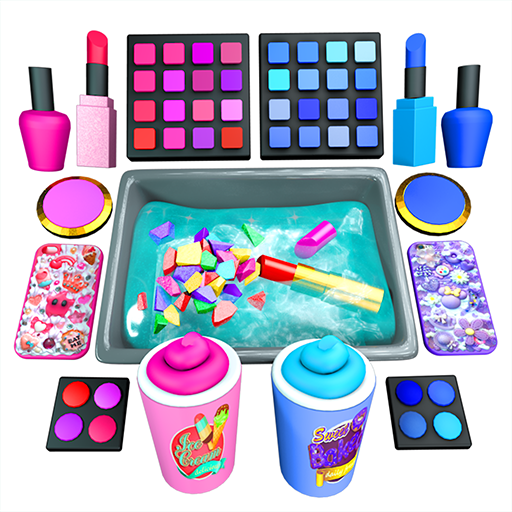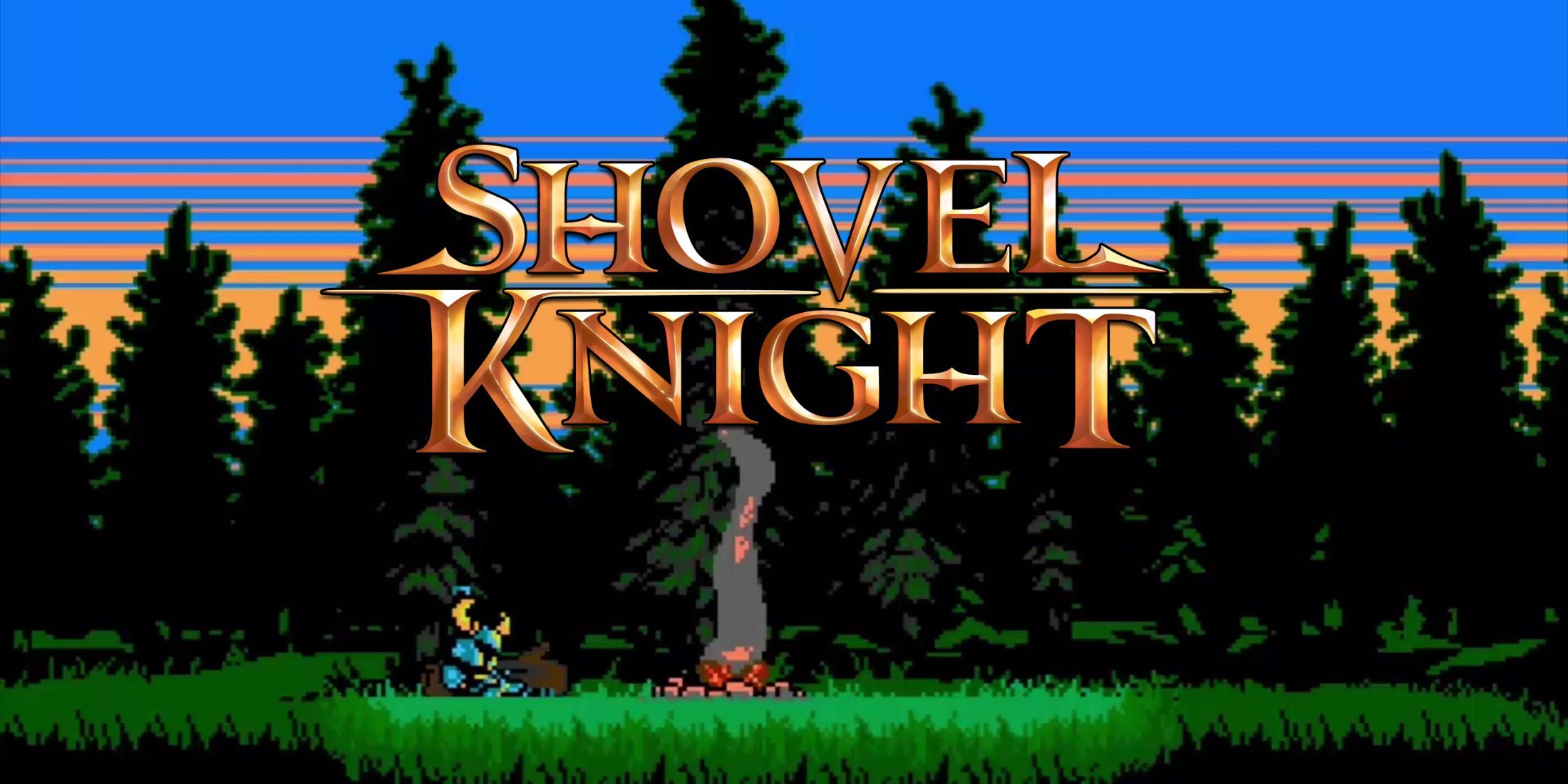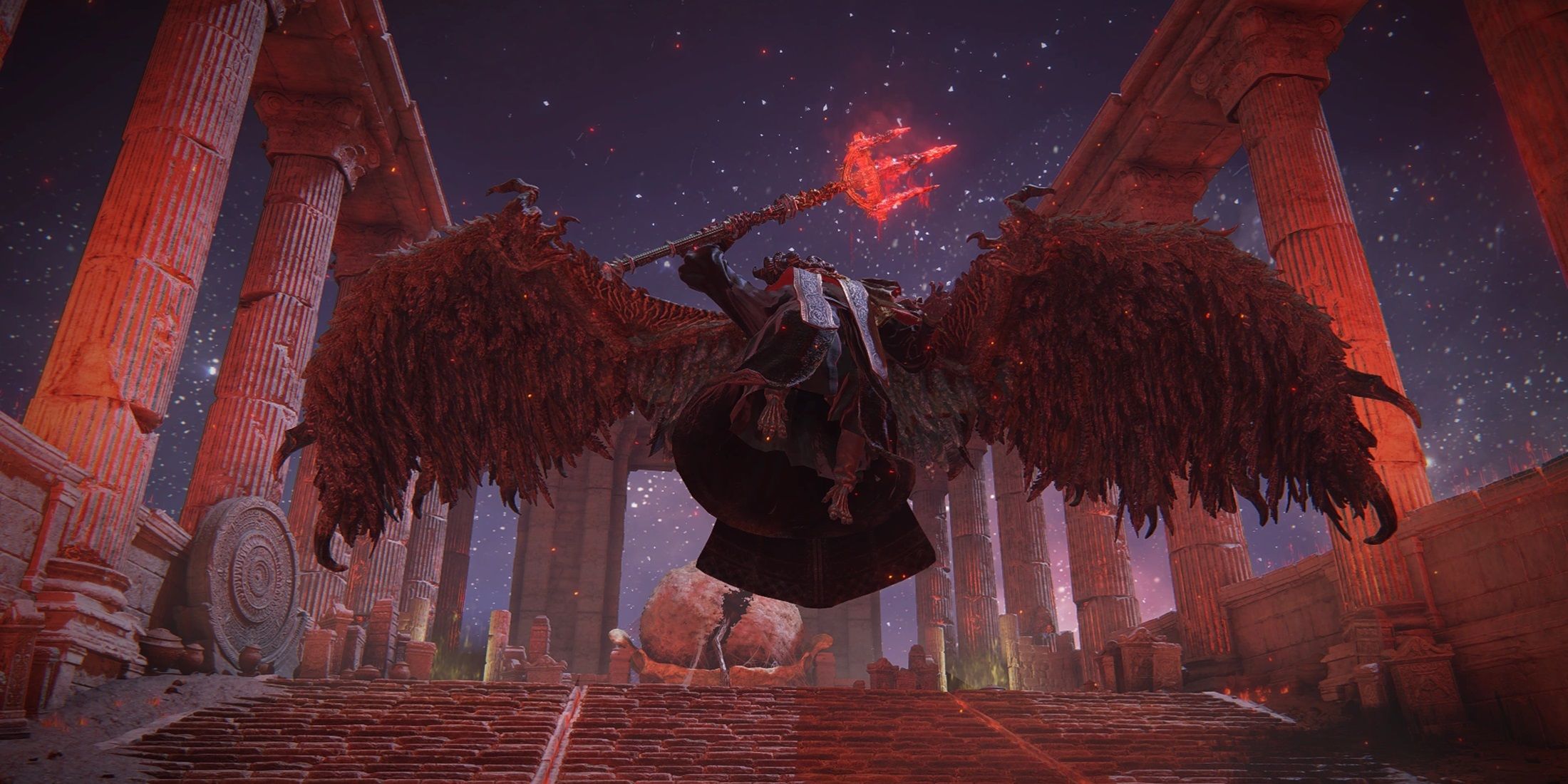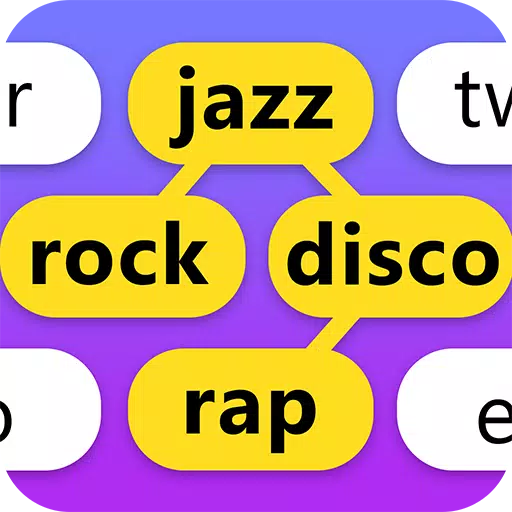Nintendo's aggressive stance against emulation and piracy is well-documented. Recent examples include the $2.4 million settlement with Yuzu emulator developers (March 2024), the cessation of Ryujinx emulator development following Nintendo's intervention (October 2024), and the legal pressure applied to the Dolphin emulator's Steam release. The infamous case of Gary Bowser, who was ordered to pay $14.5 million for reselling devices that bypassed Nintendo Switch anti-piracy measures, further highlights this commitment.
A recent presentation at Tokyo eSports Festa 2025 by Nintendo's patent attorney, Koji Nishiura, shed light on the company's legal strategy. While emulators aren't inherently illegal, Nishiura clarified that their use can become illegal under specific circumstances. Copyright infringement occurs if an emulator replicates game code or circumvents console security measures.
This legal approach relies heavily on Japan's Unfair Competition Prevention Act (UCPA), limiting Nintendo's extraterritorial reach. The R4 card for the Nintendo DS, which enabled pirated game execution, serves as a precedent. Nintendo successfully used the UCPA to ban R4 sales in 2009.
Nishiura also highlighted the illegality of "reach apps"—third-party tools facilitating pirated software downloads within emulators. Examples include the 3DS's Freeshop and the Switch's Tinfoil. These tools, he argued, constitute copyright infringement.
Nintendo's lawsuit against Yuzu cited one million pirated copies of The Legend of Zelda: Tears of the Kingdom, linking the emulator's Patreon revenue ($30,000 monthly) to the provision of early access and exclusive features, further emphasizing the financial incentive behind their legal actions.

 Latest Downloads
Latest Downloads
 Downlaod
Downlaod




 Top News
Top News









